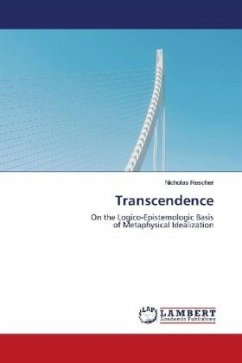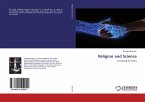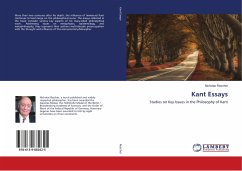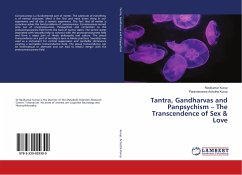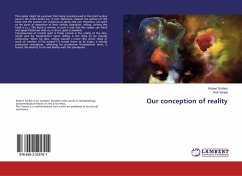The book's dealings with the unknowable must address the question of whether its focus of concern is with the problematic nature of the unknowns themselves or with the problematic nature of our knowledge of them? Are we engaging ontology or epistemology? The answer is that in this context there is no separating them. In this context of cognitive objects as such we cannot deal with the objects independently of their relating to our knowledge of them. Consider an analogy. Give the finitude of human existence and the limitations of our means of communication, there is going to be a largest integer that will ever be considered specifically, individually, and by name. We know on general principles that, being an integer, this number must be either odd or even. And yet given its lack of identifiability, the question of which (odd or even) is irresolvable. We know on general principles that it is one or the other, but do not-and in the nature of the situation cannot-determine which. Given its specification, its identity of necessity unspecifiable. The identity it doubtless has remains inaccessible to us. Here there is our present task-an investigation into our knowledge of the unknowable.
Bitte wählen Sie Ihr Anliegen aus.
Rechnungen
Retourenschein anfordern
Bestellstatus
Storno

